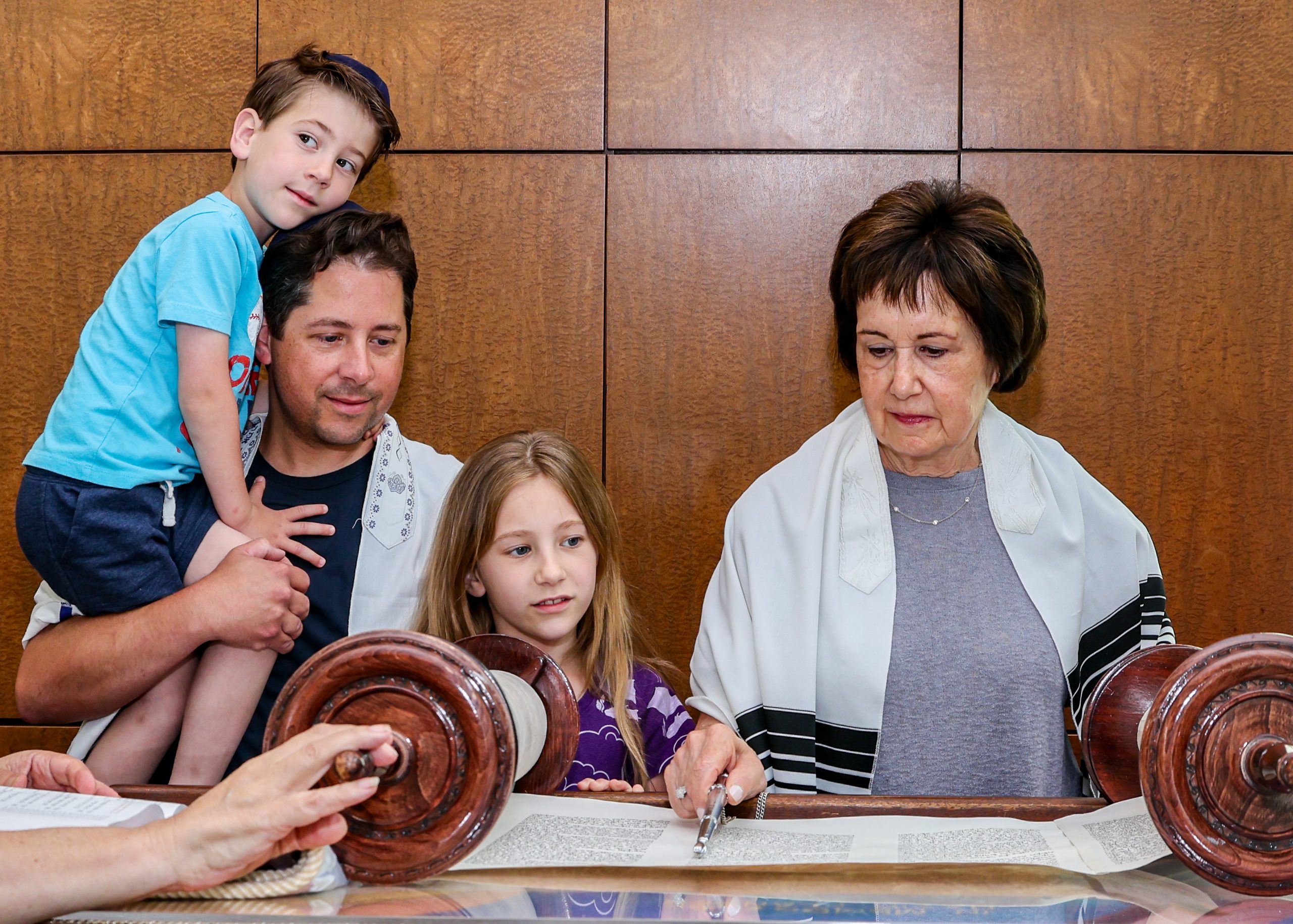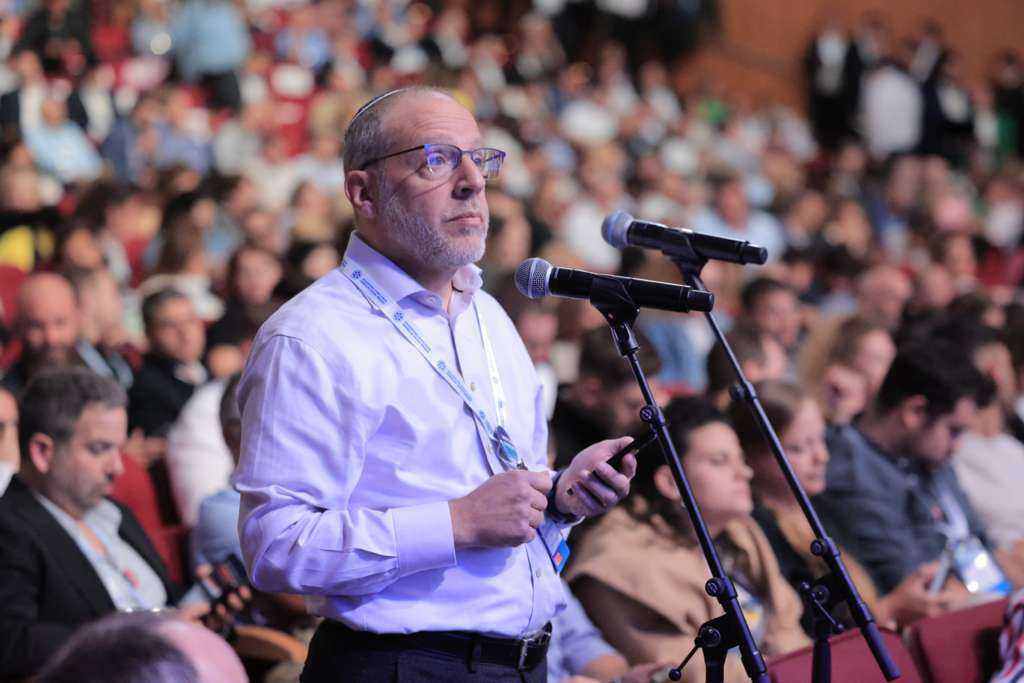Your congregation’s financial health affects its ability to survive and thrive. USCJ understands how high the stakes are, and we use our experience, knowledge, and relationships to educate affiliated synagogues on best practices in financial sustainability. With so many synagogues currently immersed in budget planning for fiscal year 2021, we asked Barry Mael, Senior Director of Synagogue Affiliations and Operations, for his insights.
Q: What are the biggest financial concerns for synagogues going into 2021?
A: The three biggest issues are membership numbers, fundraising, and managing expenses. For synagogues that have larger, older buildings, they are grappling with maintenance, necessary repairs and upkeep. In addition the increased concerns around security are something the budget committee has to deal with. This could have a considerable effect on the budget, especially if you are considering armed guards.
Q: Should every synagogue have a finance committee?
A: Yes, regardless of the size, there should be a few trusted individuals who are tasked with developing the budget and monitoring and reviewing it throughout the year. If there is an executive staff team, including clergy, educator/s, fundraisers, the budget committee must make sure that overall spending is in alignment and that revenues are flowing in as well to cover the cost of payroll.
Every person who is responsible for specific programs or activities should be involved in determining the annual budget for their areas of oversight. It’s important to clearly document the assumptions upon which the budget estimates are made, and monitor the budget throughout the year. Even if your organization has only one staff member or is run by volunteers, budgeting should be a group effort.
Q: What are the elements that contribute to successful budget planning?
A: A healthy budget process is based on three primary elements: inclusivity, thoughtfulness and a strategic approach.
The more people who have a working knowledge of the budget, the better. The budget should be evaluated regularly, every month or quarter, to assess how things are going. Are some things out of line? Regular monitoring will help to avoid surprises at the end of the year.
Q: What percentage of the synagogues budget should dues account for?
A: It’s a bit all over the map, from 30%-75%. It used to be that in synagogues with over 200 member units, dues can account for 50-60% of revenue but now there’s a wide range. In some cases, synagogues have other significant revenue streams, some are more dues-dependent and have an underdeveloped philanthropic culture.
In the case where the synagogue has a pre school or rental space, membership dues may be less because of supplemental revenue sources.The danger of this is that if the school or program closes or revenue sources diminish, there is no financial safety net.
Q: What’s the best way for synagogues to deal with increasing security costs?
A: Some synagogues have money in restricted funds that can be applied toward added security. But most establish a per member security fee.
Some are also applying for state/federal grants that may have money attached for guards, but these sources are not as reliable. In fact many synagogues that are applying for grants are focused on one-time expenses such as cameras, securing doorways, bollards, etc. Majority are charging security fees if they don’t have money available in their current operating budget.
Q: What’s the best way to collect data that enables informed decisions?
A: Make sure you have a financial software program that can generate reports based on expenses and chart of accounts, where money is going. In reports, It is helpful to have 2-3 years of actual expenses, so future budgeting decisions can be based on historical spending. For example, if your synagogue is located in an area that gets snow. You may budget for snow removal, which can change year to year. If you only do your budget based on the previous year, you won’t really have enough information to go on. Average over the past few years of data and budget what you think is the realistic number and not the number you want to pay.
Q: How can you ensure the financial future of your synagogue in both the short- and long-term?
This is a difficult question, but having a knowledgeable and efficient budget committee, paying regular attention to expenses and tracking internal controls are all important. Keep track of expenses all year round so you can compensate accordingly when the unexpected happens. Many synagogues will budget conservatively to ensure the financial sustainability in addition the committee will need to pay attention to the revenue side of the budget as well.
For additional resources on synagogue budgeting, attend the session at Sulam for Presidents, March 19-22nd, 2020.









